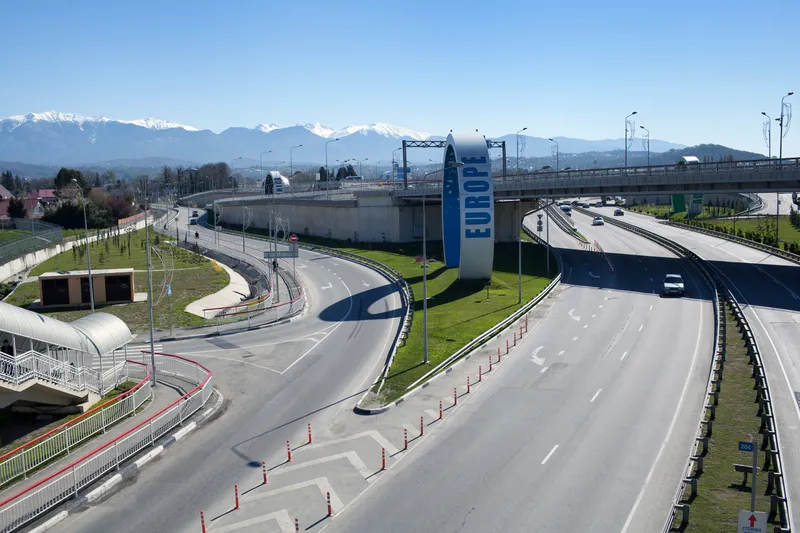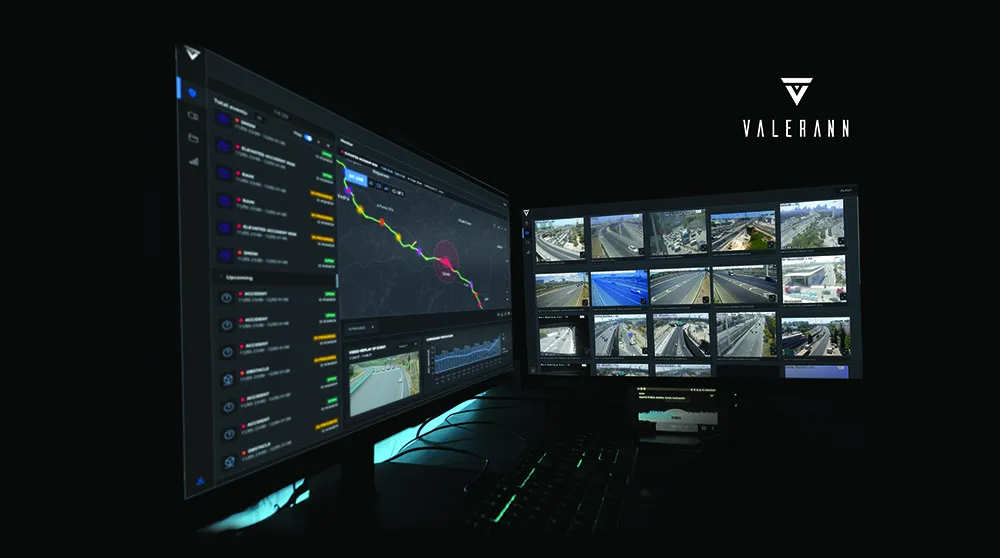Austrian motorway operator Asfinag and the Austrian Federal Agency for Technological Measures AustriaTech are planning to test the newly-developed infrastructure-vehicle communication system with 5,000 more vehicles on Austrian motorways.
This is part of the European Union (EU) project COOPERS (CO-OPerative SystEms for Intelligent Road Safety), which started in February 2006 with a
four-year duration and a total Budget of more than €16.8 million.
May 14, 2012
Read time: 1 min
Austrian motorway operator 4178 Asfinag and the Austrian Federal Agency for Technological Measures AustriaTech are planning to test the newly-developed infrastructure-vehicle communication system with 5,000 more vehicles on Austrian motorways.
This is part of the European Union (EU) project COOPERS (CO-OPerative SystEms for Intelligent Road Safety), which started in February 2006 with a
four-year duration and a total Budget of more than €16.8 million.
According to Josef Fiala, CEO at Asfinag, the new system has already been tested during the last couple of weeks and the results are promising.
Asfinag is now planning to apply for further funding for more field tests. The new communication system informs the driver about traffic jams, constructions works, weather conditions, speed limits and suggests lane-changing manoeuvres.
The system is currently also being tested in Germany, France and Italy.
This is part of the European Union (EU) project COOPERS (CO-OPerative SystEms for Intelligent Road Safety), which started in February 2006 with a
four-year duration and a total Budget of more than €16.8 million.
According to Josef Fiala, CEO at Asfinag, the new system has already been tested during the last couple of weeks and the results are promising.
Asfinag is now planning to apply for further funding for more field tests. The new communication system informs the driver about traffic jams, constructions works, weather conditions, speed limits and suggests lane-changing manoeuvres.
The system is currently also being tested in Germany, France and Italy.








